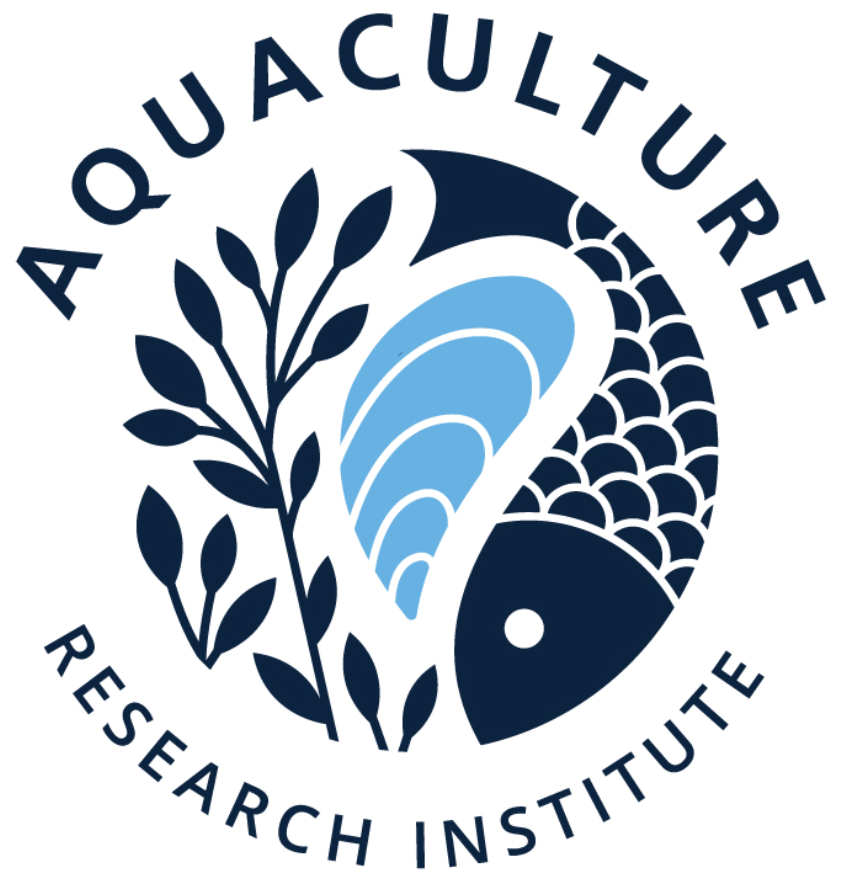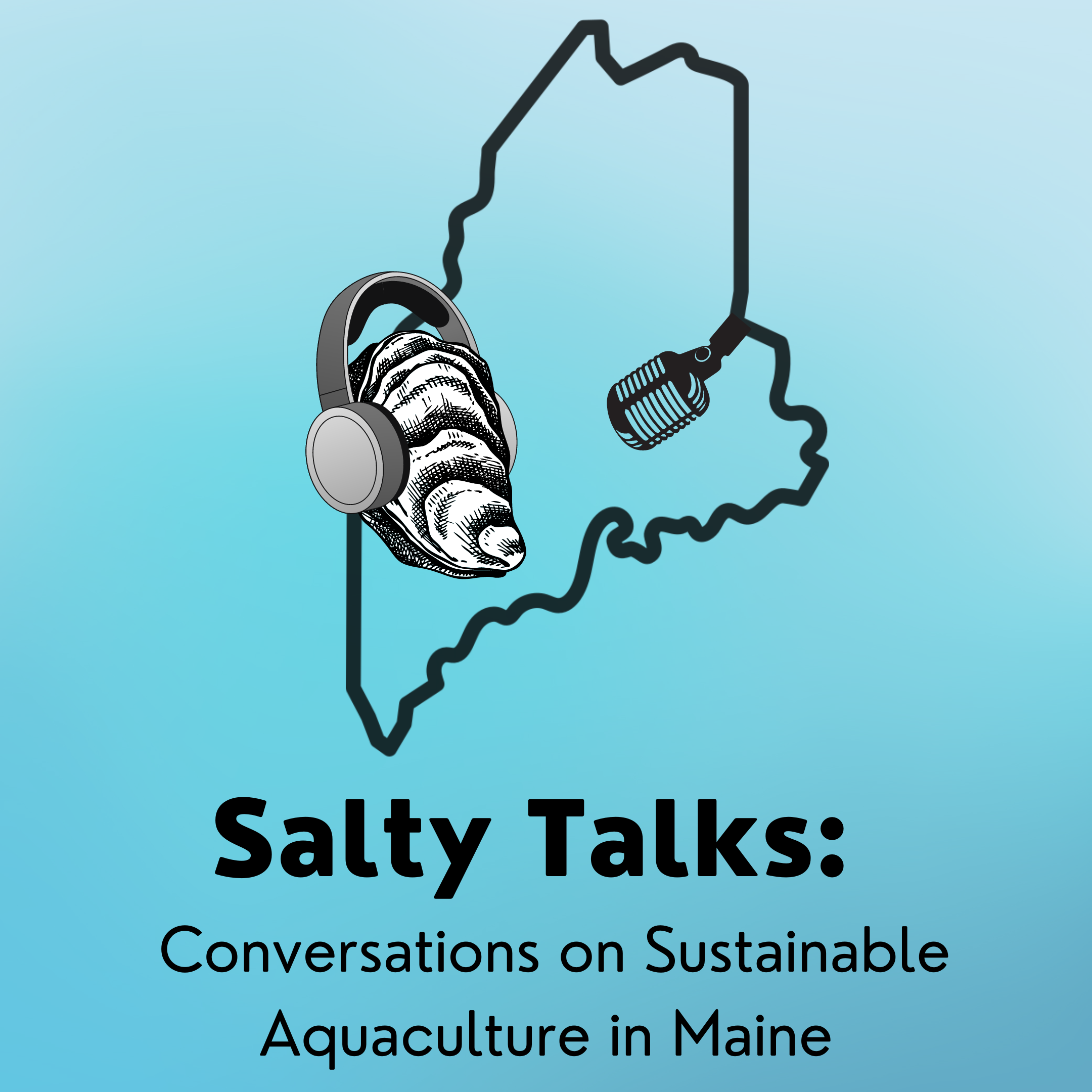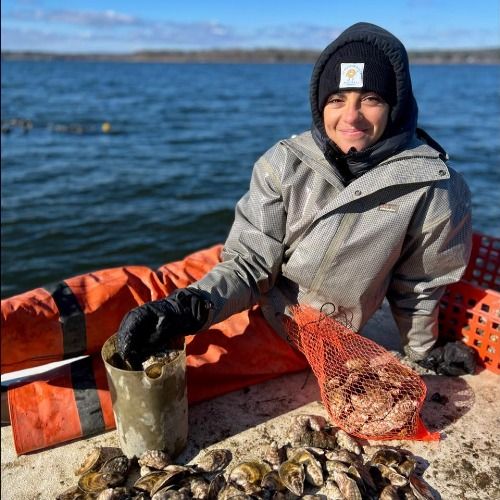Aqueous 2024: Applied aquaculture through indigenous knowledge and western science
In this episode, we delve into the unique experiences of the ARI’s 2024 Aqueous fellows, who blend Indigenous knowledge systems with Western scientific methods to explore innovative solutions in aquaculture. Hosted by Inclusive Science Communications Fellow Rida Ali, this episode features insightful conversations with fellows working on diverse projects such as oyster aquaculture, salmon restoration, and razor clams. We explore the concept of "Two-Eyed Seeing," which integrates Indigenous perspectives with Western science, providing a holistic approach to understanding and managing marine ecosystems. Whether you're a prospective Aqueous applicant or simply curious about sustainable aquaculture, this episode offers a wealth of knowledge and inspiration.


